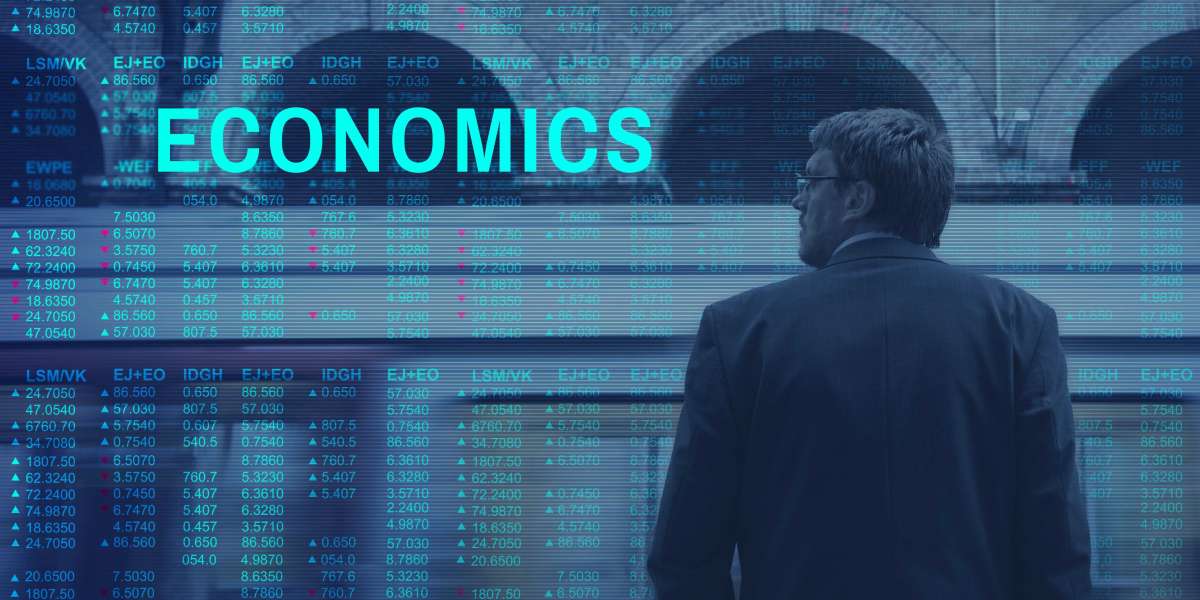Behavioral Economics in Business
Behavioral economics is an exciting discipline that merges psychology and classical economic models to explain how people and organizations make choices. As distinct from classical economics, which assumes individuals always make rational choices, behavioral economics recognizes that human biases, feelings, and cognitive bounds play a big role in decision-making. In corporate life, it makes a great impact on leadership, strategy, marketing, and business outcomes.
The Use of Cognitive Biases in Business Decisions
Corporate executives and business leaders are not exempt from cognitive biases that affect their decision-making. Some of the most prevalent biases are:
Loss Aversion: Businesses prefer avoiding losses over aiming for equivalent gains. This can result in risk-averse decision-making, which often discourages businesses from taking risks that may result in innovation and expansion.
Confirmation Bias: Decision-makers tend to search for information that is consistent with their preconceived notions, dismissing contrary information, thereby making poor decisions.
Anchoring Effect: First bits of information significantly impact business decisions. For instance, a business might over-emphasize historical pricing or revenue models even when there's been a change in the market environment.
Herd Mentality: Companies tend to copycat industry trends without assessing relevance simply because competitors are also doing the same.
The recognition of such biases assists corporate managers in taking corrective action to enhance strategic thinking and problem-solving.
Nudging Consumer Conduct to Drive Business Growth
Perhaps the most influential use of behavioral economics in business decision-making is nudging—small interventions which shape consumer behavior without constraining options. Companies employ the method in numerous ways:
Choice Architecture: Companies design product offerings in a way that guides consumers toward favorable choices. For example, supermarkets strategically place healthier food items at eye level to encourage healthier purchases.
Framing Effect: The way information is presented influences customer decisions. A pricing model that highlights "Save 20%" rather than "Pay 80%" is likely to be more effective.
Social Proof: Companies utilize user reviews, influencer marketing, and testimonials to generate an image of popularity and trustworthiness, which results in more buying.
Behavioral Economics in Financial Decisions and Risk Management
Decision-makers within companies usually encounter high-risk financial and risk-management decisions. Behavioral economics assists in reducing mistakes with systematic approaches:
Precommitment Strategies: Establishing rules beforehand (e.g., capping investment in high-risk assets) assists companies in exercising financial discipline.
Scenario Planning: Having several possible outcomes in mind instead of a single prediction enhances resilience and adaptability.
Overcoming Overconfidence Bias: Executives tend to overestimate their capacity to forecast market trends. Behavioral economics promotes evidence-based decision-making over intuition.
Employee Motivation and Organizational Behavior
Behavioral economics is also crucial in human resource management and workplace dynamics. Firms use psychological principles to maximize employee motivation and productivity:
Incentive Structures: Incentives tied to performance, profit-sharing arrangements, and non-monetary rewards (e.g., public recognition) draw on intrinsic and extrinsic motivations.
Default Options: Companies create HR policies with defaults that are in the best interest of employees—e.g., automatic sign-up for retirement savings plans—to foster improved financial practices among workers.
Workplace Environment: Small tweaks, such as flexible work options and positive reinforcement, have a large effect on employee satisfaction and performance.
The Future of Behavioral Economics in Corporate Strategy
As companies more and more embrace data analytics and artificial intelligence, behavioral economics will be even more of a factor in corporate decision-making. Firms will sharpen their marketing strategies, maximize financial plans, and improve leadership skills through the application of psychological principles. Executives who know and utilize behavioral economics will have a competitive edge in an increasingly dynamic marketplace.
For future business leaders, it is important to excel in behavioral economics. The best MBA college in India, include behavioral finance and decision psychology in their curriculum in order to get students ready to handle the complex corporate world successfully.
By incorporating behavioral economics into business decision-making, businesses can foster growth, improve efficiency, and generate greater value for customers and stakeholders. Identifying and mitigating cognitive biases, using nudges, and implementing strategic interventions will define the future of business leadership in the contemporary world.







